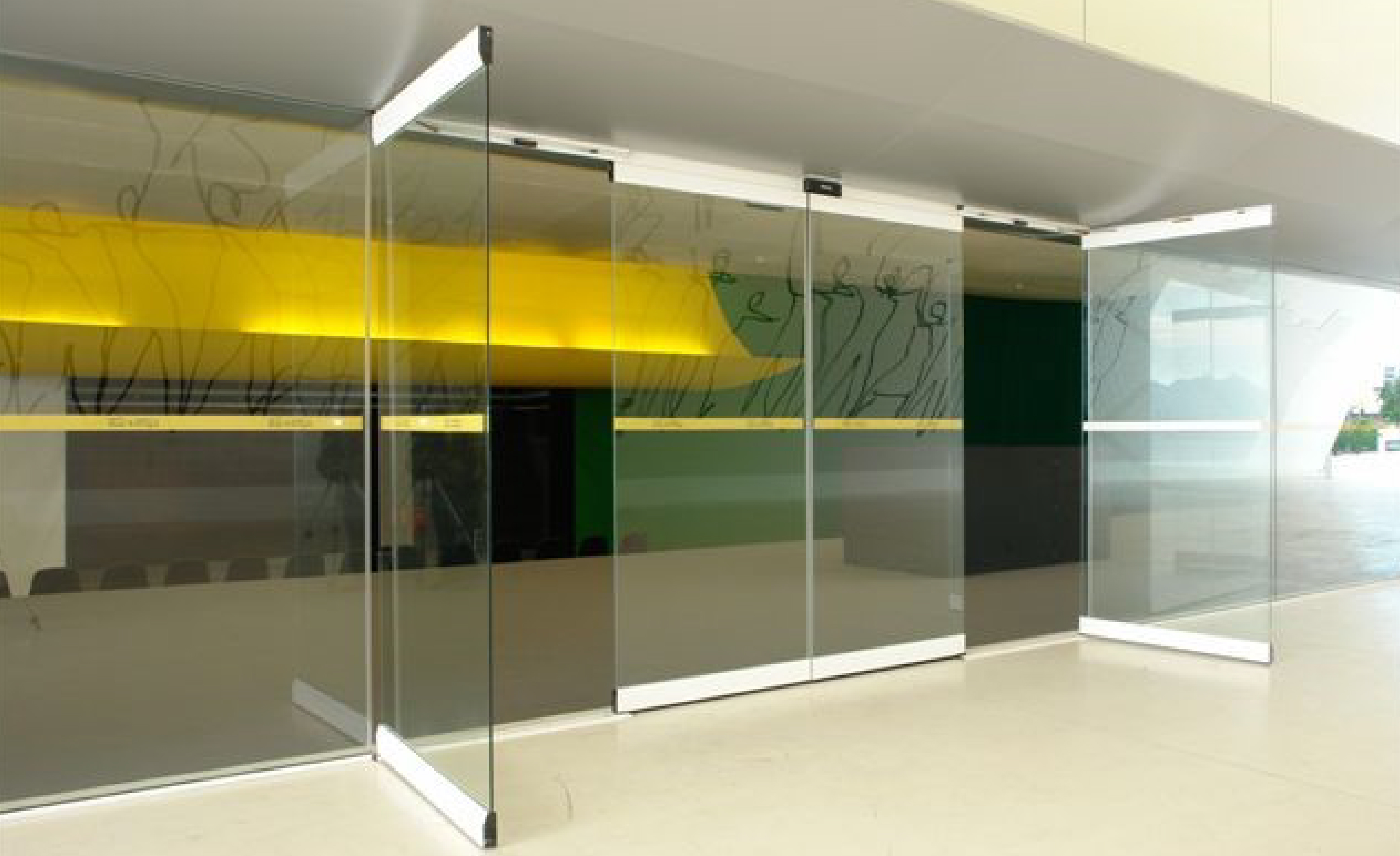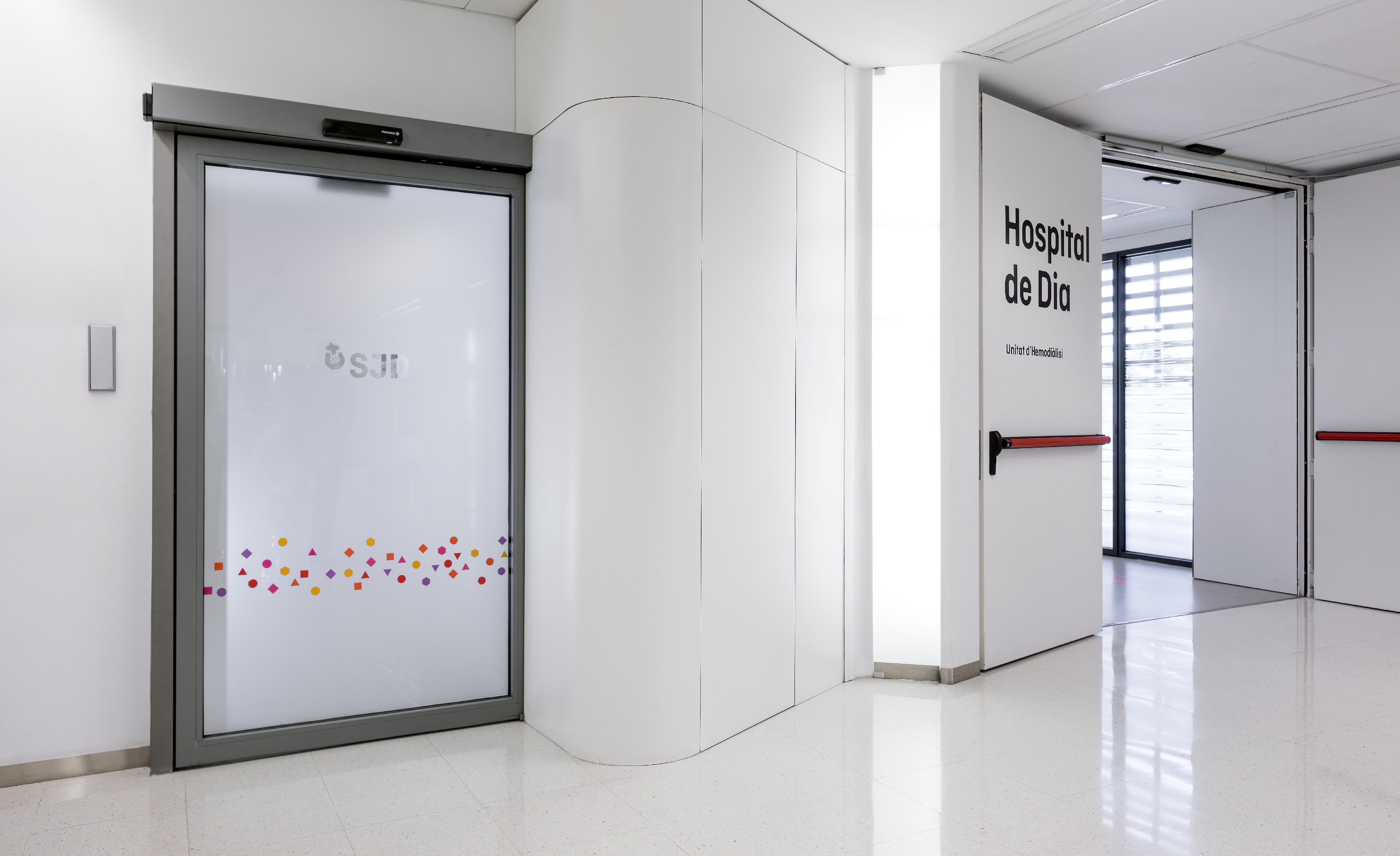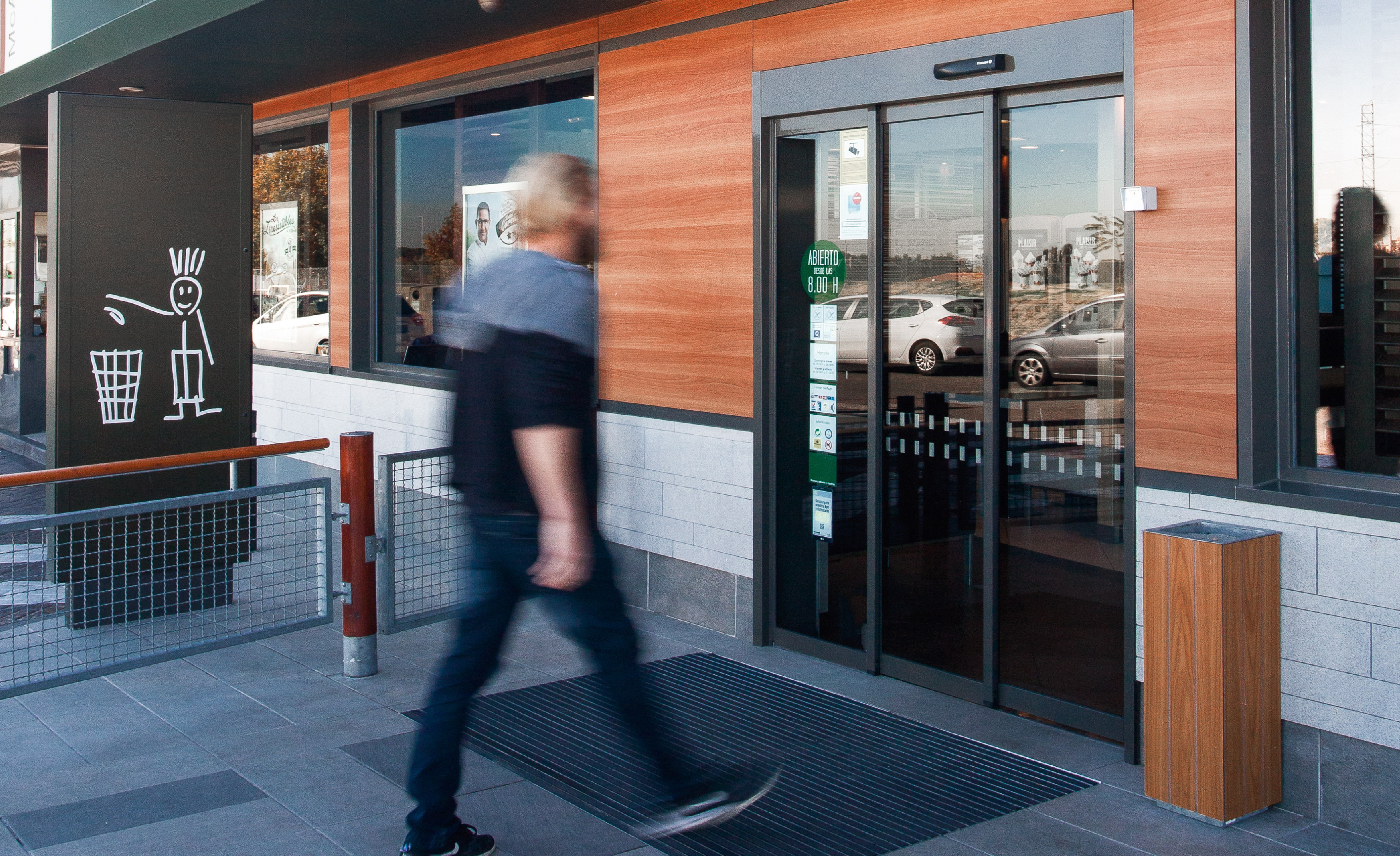Jerusalem, Israel
Telescopic break out doors at Hadassah Medical Center
Hadassah Medical Centre is a medical organisation established in 1934 that operates two university hospitals in Ein Karem and on Mount Scopus in Jerusalem, as well as schools of medicine, dentistry, nursing, and pharmacology affiliated with the Hebrew University of Jerusalem. Its mission is to reach out to everyone, regardless of race, religion or ethnicity. It is the sixth largest hospital complex in Israel, and between its 2 campuses, Hadassah Medical Centre has a total of 1,000 beds, 31 operating theatres, 9 intensive care units (ICU) and 5 medical schools.
Telescopic Doors with Panic-Breakout System
Thanks to our exclusive official partner ‘A. Samuel’ in Israel, we have installed eight automatic doors, 3 of which are telescopic doors with panic-breakout system. All these doors are located in the Intensive Care Unit; telescopic automatic sliding doors offer maximum opening width when space is limited, and thanks to their emergency system, the leaves fold back allowing a wide evacuation passage in the event of an emergency.
The Manusa telescopic panic-breakout doors can combine the opening as a standard telescopic door with panic-breakout leaves that fold back. The sliding leaves retract on top of each other to free up the maximum passage space on one side of the door. This creates maximum opening width, allowing the passage of stretchers, ICU equipment, patients in wheelchairs, etc. through corridors or narrow areas. In addition, and in case of emergency, the leaves can also be opened by simply pushing them outwards and folding them back to one side, allowing extra space to pass through in the event of an evacuation.

The panic-breakout system allows automatic doors to be easily opened manually in the event of an emergency, even if there is a failure in the power supply or automatic systems. This is essential in rapid evacuations during fires, earthquakes or critical situations that require the immediate departure of large numbers of people. They reduce the need for physical contact, which is crucial in a hospital environment, where there is a high risk of infection. This type of door helps to minimise the spread of germs, protecting both patients and staff.



